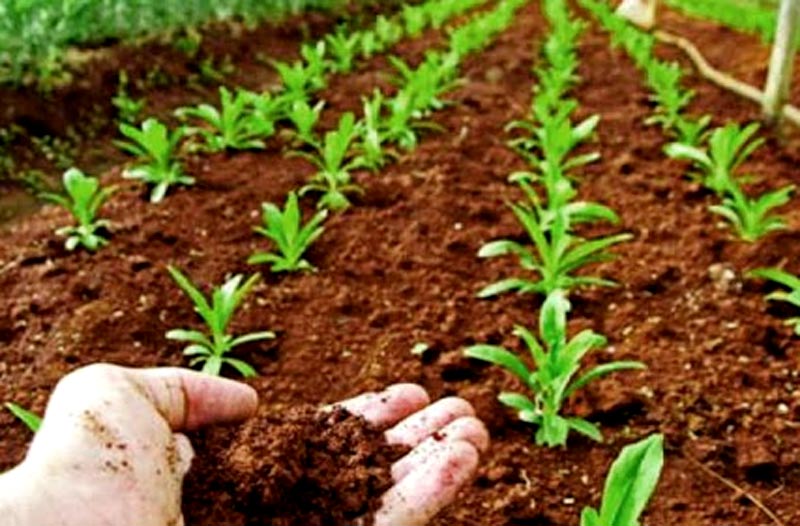In Holguín, scientific project promotes agroecological practices
- Written by Redacción ¡ahora!
- Published in Holguin
- Hits: 735

Specialists in the province of Holguín carry out a scientific project with the aim to promote agroecological practices, as part of the Tarea Vida (Life Task) State’s plan to confront climate change.
The initiative, which will run until 2025, has among its main objectives the training of producers and the use of waste in techniques such as fertigation and biogas production.
Martha Mouso, senior specialist of the Ministry of Science, Technology and Environment (Citma) in the territory, said that these practices are intended to contribute to local self-sufficiency and increase crop yields.
Likewise, natural fertilizers such as worm humus and tobacco mixtures are applied, an alternative to maintain productivity in the face of the limitations of inputs caused by the intensification of the economic, commercial and financial blockade of the United States against Cuba.
She added that the project named “Strengthening of agricultural capacities in vulnerable communities of Holguín” also intends to benefit the conservation of soils through the application of technological packages donated by international initiatives such as the Ecovalor project.
As part of the implementation of the Tarea Vida, the monitoring of beaches for tourist use, the reforestation of mangroves, the dumping of sand and the use of efficient irrigation systems are also maintained.
In 2017, the Cuban government approved this State Plan to Confront Climate Change, with the aim to reduce vulnerabilities in more than 70 Cuban municipalities in the face of saline intrusion, rising sea levels and intense meteorological phenomena, among the negative consequences of climate change.
